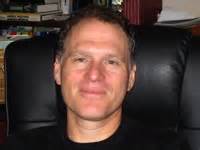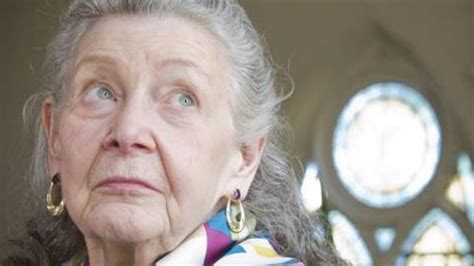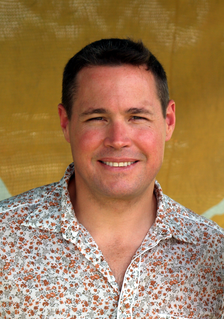A Quote by Marcus Tullius Cicero
That last day does not bring extinction to us, but change of place.
Related Quotes
For if that last day does not occasion an entire extinction, but a change of abode only, what can be more desirable? And if it, on the other hand, destroys and absolutely puts an end to us, what can be preferable to having a deep sleep fall on us in the midst of the fatigues of life and, being thus overtaken, to sleep to eternity?
... we believe in the vocation of communion and participation of our people, who day to day awaken to their political conscience and express their desire for change and profound democratization of society. A change based on justice, built with love, and which will bring us the most anxiously desired fruits of peace.
Something will have gone out of us as a people if we ever let the remaining wilderness be destroyed; if we permit the last virgin forests to be turned into comic books and plastic cigarette cases; if we drive the few remaining members of the wild species into zoos or to extinction; if we pollute the last clear air and dirty the last clean streams and push our paved roads through the last of the silence . . .
Many scientists would argue that we are now in what is called Extinction, and it's caused by this perfect extinction storm: climate change, habitat loss, pollution, unsustainable exploitation of species and habitat resources, and of course, human population explosion. All of these factors work together and conspire to drive a species to extinction on our planet, every half an hour.
Jesus does not respond to our worry-filled way of living by saying that we should not be so busy with worldly affairs. He does not try to pull us away from the many events, activities, and people that make up our lives. . . . He asks us to shift the point of gravity, to relocate the center of our attention, to change our priorities. Jesus does not speak about a change of activities, a change in contacts, or even a change of pace. He speaks about a change of heart.
What history teaches us is that man does not change arbitrarily; he does not transform himself at will on hearing the voices of inspired prophets. The reason is that all change, in colliding with the inherited institutions of the past, is inevitably hard and laborious; consequently it only takes place in response to the demands of necessity. For change to be brought about it is not enough that it should be seen as desirable; it must be the product of changes within the whole network of diverse casual relationships which then determine the situation of man.










































